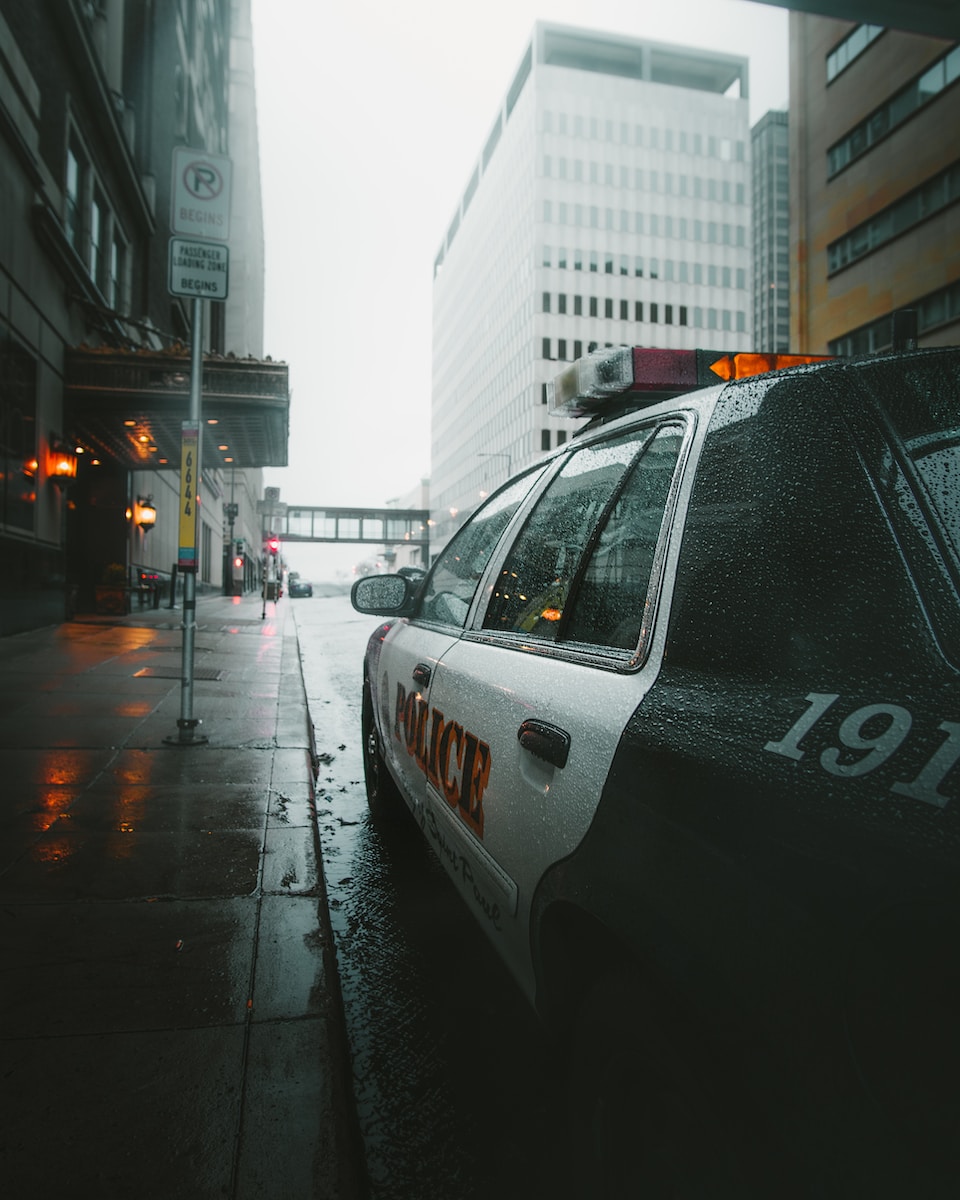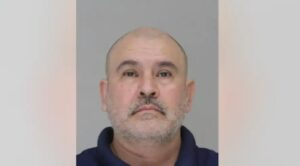A backlog of hundreds of untested forensic sexual assault and rape test kits, some of which date back as far as 1996, has finally been cleared out by the Dallas Police Department.
Approximately 1880 kits were still waiting to be analyzed in Dallas at the beginning of the year 2023. Dallas had previously held the record for the highest percentage of untested kits in the state of Texas.
However, the city was able to ship all of the outdated kits to laboratories before the end of the year, as reported by the Dallas Observer. This was made possible by financing from both the federal government and the city.
In an interview with the newspaper, a survivor by the name of Lavinia Masters stated, “I still say that one is too many.”
Ms. Masters, who was sexually assaulted in 1985 and had to wait for her test sample to be reopened for more than twenty years, is the person who inspired the Lavinia Masters Act of 2019, which is a state law that established a deadline for testing and preservation of kits.
She continued by saying, “I am aware that we have made significant progress, and I applaud that; I am thankful for that; however, I do not see any justification for not having any kits on the shelf.” “I know you tell me it’s about training or funding, or outsourcing the testing to different labs, but having so many kits on the shelf just doesn’t sit well with me, it just doesn’t,” she said. “It just doesn’t.”
Officials and supporters are hoping that the Dallas kits would reveal critical new forensic information regarding historical sexual offenses. This is because the statute of limitations is getting closer in certain older cases.
According to the Observer, as of the end of the year, hundreds of kits had not been tested in other large departments. Fort Worth, for example, still has roughly 200 kits sitting on its shelf.
The delays in testing in Texas and across the country have been attributed to a number of factors, including the pandemic, manpower difficulties, a lack of financing, and a lack of emphasis respectively.
The fact that more than one hundred thousand kits have not been tested in the United States is a significant injustice, according to those who work for victims’ rights.
It is possible that some individuals may have to wait more than thirty years for testing, which frequently renders them legally unable to file charges on any evidence that may be discovered. Although there is no reliable data to show the typical wait time, case-specific information suggests that this may be the case.





